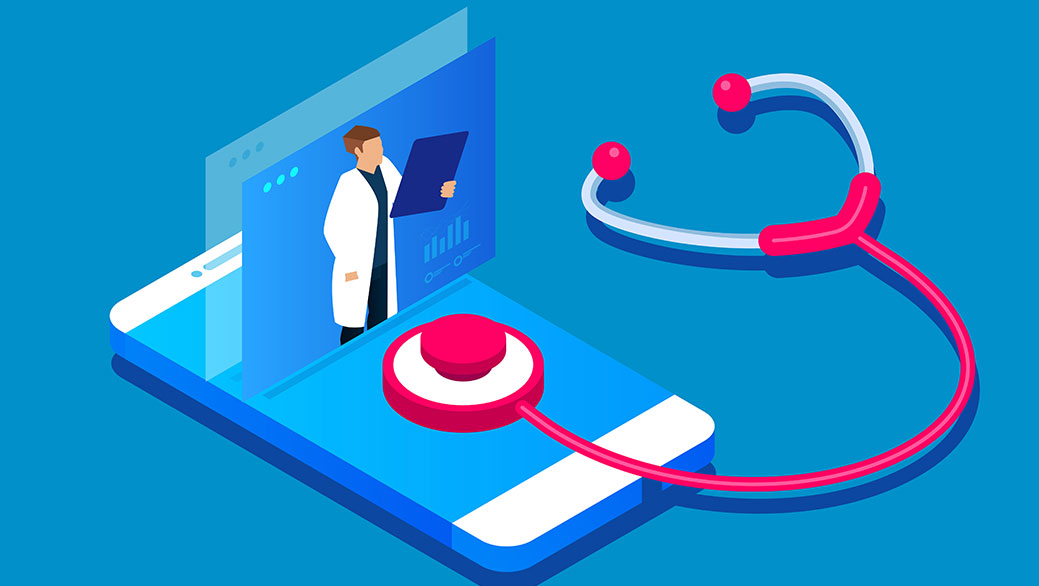Big Data
Data is increasingly considered the most strategic resource of the 21st century. Big Data represents a new technology paradigm for data generated at high volume, with high velocity and variety. The technological developments in Big Data infrastructure, analytics, and services enable industries to transform into data-driven organizations.
RECENT DEVELOPMENTS
It is no secret that the global data economy is booming. Predictive maintenance, real-time monitoring, and self-driving cars are some of the headline-grabbing faces of digital transformation. None of these would be possible, though, without data, and the analytic technology that allows us to interpret and understand it. The term Big Data itself may not be as ubiquitous as it was a few years ago. But that doesn’t mean it is old news. The fact is that even today, most organizations struggle to get value from a lot of the data they have access to. As a business practice, it’s still very much in its infancy. But the ability to effectively monetize data rather than simply hoarding it creates a range of competitive advantages. Enterprises that make advanced use of Big Data are realizing concrete business benefits, from improved efficiency in operations and increased visibility into rapidly changing environments to the optimization of products and services. And as organizations find uses for these large stores of data, Big Data technologies, practices and approaches are also evolving. New techniques and architectures for collecting, processing, managing, and analyzing data across an organization continue to emerge. For example, non-database sources like IoT devices or wearables will continue to be dominant generators of data, in turn increasing the Big Data management needs across industries and markets. In addition, the need to handle the data being generated is moving to the devices themselves (edge computing). To deal with the continuing increase in data generation, organizations are spending more of their resources storing this data in a range of cloud-based and hybrid cloud systems or are even shifting toward new data architecture approaches like data lakes that store data sets in their native format. Due to its size and complex nature, Big Data presents several analytical challenges that demand continually updated tools and expertise. Legitimate concerns about privacy and the digital divide also present new obstacles to harnessing Big Data sets for public benefit. The increasing volume of real-time data is driving a global data revolution —a phenomenon that is recent (less than a decade old), extremely rapid, and immensely consequential for society.
IMPLICATIONS FOR THE HEALTH INDUSTRY
The age of big data in healthcare is well underway. Due in part to the proliferation of IoT devices, universal and more reliable connectivity, and advances in sensor technology, healthcare data is also sourced from electronic healthcare records, biobank collections, and pharmaceutical or diagnostic companies.
This exponential development in data-collecting capabilities means that the challenge for both public and private entities is not so much collecting the data as extracting value from it. While Big Data is undoubtedly one of the key drivers of a future defined by ever-more precise and personalized care, the use of data in healthcare applications raises some complex questions: who owns healthcare data? How can it be kept secure and trustworthy? And who stands to benefit from its use? Just as the sheer amount of health data is growing, so too is its value. And the ethical use of big data in healthcare is an especially complex topic. On the one hand, access to aggregated healthcare data is essential for the development of many of the emerging breakthrough healthcare applications, such as digital twins or computational drug design. These developments promise not only to improve efficiencies, help solve complex health problems, predict new diseases, or cut costs while increasing profit – they also ultimately mean better health outcomes for patients. On the other hand, there are concerns about both data privacy and security, as well as the monetization of said data. If healthcare data is a needed asset, how might laws and regulations regarding patient privacy rights need to be amended to allow for this? How can patient information be protected despite data collection, which is necessary for knowledge creation? Besides these questions of governance and ethics, there are also more practical considerations, such as data interoperability between various systems. One thing would appear true, though: data is precious. Essential and valuable for the future of healthcare, it still warrants careful protection and thoughtful wrestling with important questions.
MICROTRENDS
DECENTRALIZED HEALTHCARE
The UK-based start-up DeHealth has developed an AI-based mobile app with a medical record, a marketplace for health products, a payment system, and a personal health assistant that provides millions of people with universal and secure access to healthcare, and helps them gain better control of their health, privacy, and medical data. Patients can manage their health data in a decentralized manner via a DAO and have the full power of disposition regarding their medical data.

DATA IN, ANSWERS OUT
Powered by AI and machine learning the global cloud-based SOPHiA DDM platform provides a secure and instantly accessible environment to standardize, compute, and analyze digital health data, generating insights from complex multimodal data sets that have the potential to improve diagnosis, therapy selection, analysis, and drug development. The platform provides analysis and insights across multiple disease areas – from oncology to inherited disorders – and is designed to continually improve as it analyzes more data over time.

SOURCES
INFORMATION
Rohrbeck Heger, The Future of Digital Healthcare
United Nations Conference on Trade and Development, Technology and Innovation report, 2021
PICTURES
Main Picture: Getty Images
Microtrend 1: Getty Images
Microtrend 2: Getty Images

